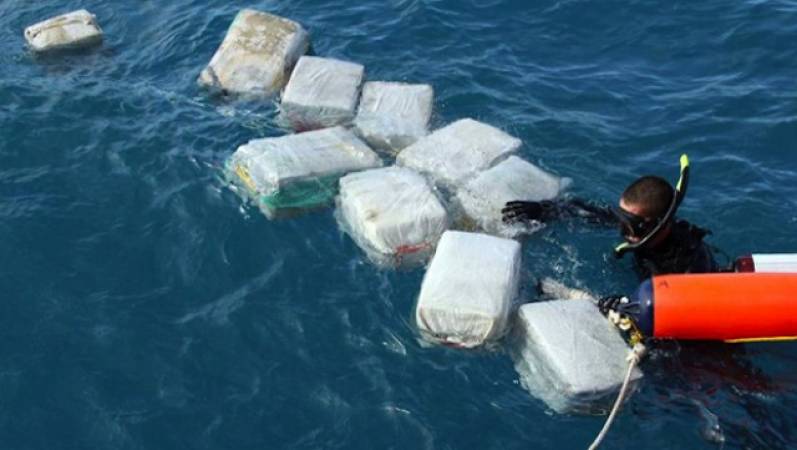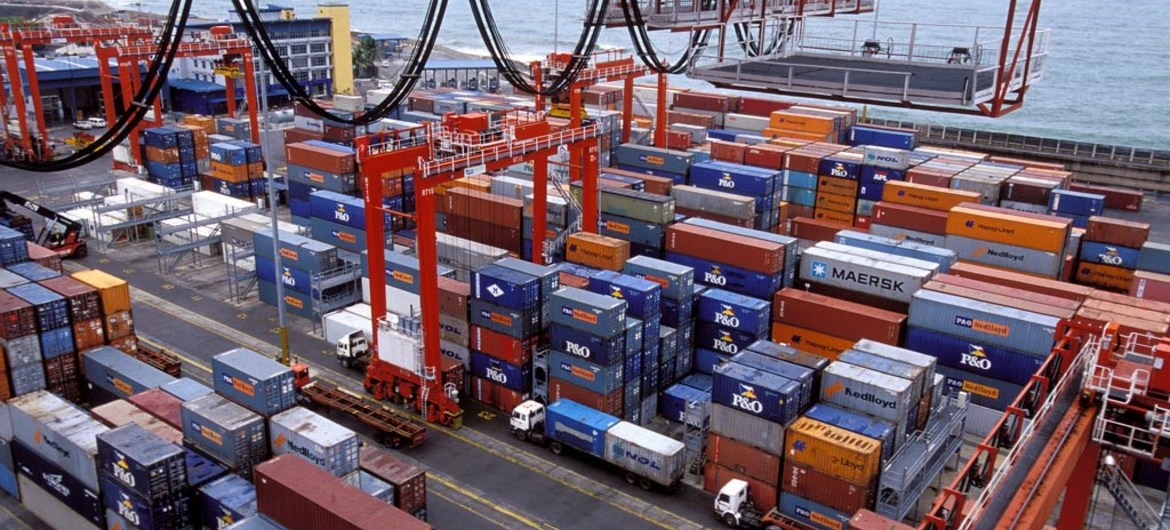BRIDGETOWN — The United Nations says its trained law enforcement units have logged record high cocaine seizures at seaports in the Caribbean and Latin America.
On Wednesday, the U.N. said the units intercepted huge shipments of the illegal drugs being trafficked through seaports this year, including 2.8 tons of cocaine at Brazil’s Port Santos — the largest such seizure in the port’s history.
“The joint customs and police Port Control Units, work at some of the world’s busiest ports and are trained to combat smuggling of drugs, precursor chemicals, as well as merchandise breaching intellectual property rights and protected wildlife,” the U.N. said.
Recently, the unit in Ecuador seized two contaminated containers with over a ton of cocaine. Similarly, the unit in the Port of Callao in Brazil, interdicted a container with 1.5 tons of cocaine hidden inside, the UN said.
“These units are at the heart of a joint program launched in 2003 by the U.N. Office on Drugs and Crime (UNODC) and the World Customs Organization,” the statement said.
“The aim is to train customs and law enforcement officials in Latin America and the Caribbean, and elsewhere, to detect and disrupt the flow traffic of illicit goods, while facilitating legitimate trade and raising state revenues,” it added.
Every year, the U.N. said more than 720 million containers move around the globe by sea, transporting 90 per cent of the world’s cargo, adding that while most carry licit goods, “some are being used to smuggle drugs, weapons and other illicit goods.”
The Container Control Program has become one of the most effective and result-oriented program worldwide,” said Tofik Murshudlu, UNODC’s chief of the implementation support section.
Murshudlu said the program also helps member states build capacities and expertise to identify and seize suspicious container shipments of drugs, firearms, precursors, counterfeit medicines, wildlife species, smuggled goods, and many others.
According to the UNODC, 18 operations have netted more than 8.9 tons of drugs. In addition, 18 containers have been detained due to intellectual property rights violations.
So far, UNODC said the program is operational in 14 countries in the Caribbean and Latin America, providing site visits, technical assessments, training, and other support “to create long-term enforcement structures in select seaports.”
It is also operational in Burkina Faso, Cabo Verde, Ghana, Pakistan, Senegal, Togo and Turkmenistan.


